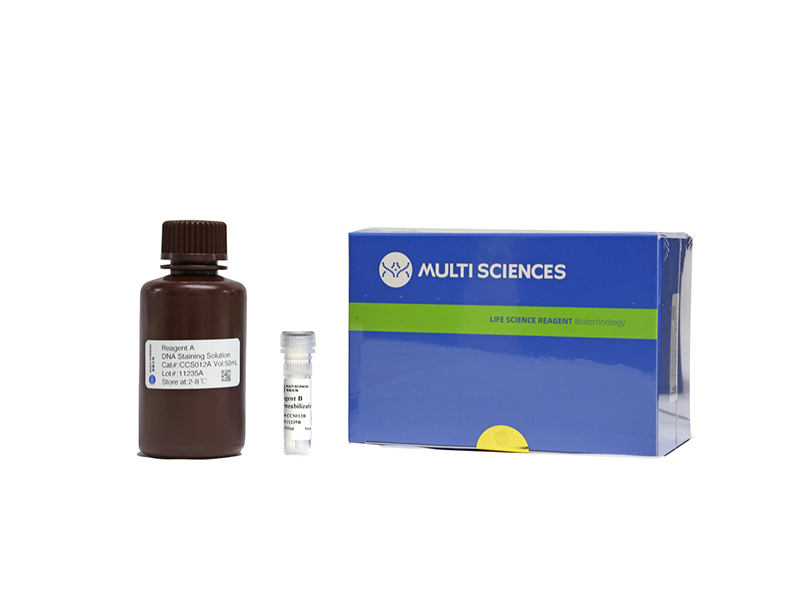To discover new lead compounds with anti-tumour activities, in the present study, natural diosgenin was hybridised with the reported benzoic acid mustard pharmacophore. The in vitro cytotoxicity of the resulting newly synthesised hybrids (8-10, 14a-14f, and 15a-15f) was then evaluated in three tumour cells (HepG2, MCF-7, and HeLa) as well as normal GES-1 cells. Among them, 14f possessed the most potential anti-proliferative activity against HepG2 cells, with an IC50 value of 2.26 µM, which was 14.4-fold higher than that of diosgenin (IC50 = 32.63 µM). Furthermore, it showed weak cytotoxicity against GES-1 cells (IC50 > 100 µM), thus exhibiting good antiproliferative selectivity between normal and tumour cells. Moreover, 14f could induce G0/G1 arrest and apoptosis of HepG2 cells. From a mechanistic perspective, 14f regulated cell cycle-related proteins (CDK2, CDK4, CDK6, cyclin D1 and cyclin E1) as well mitochondrial apoptosis pathway-related proteins (Bax, Bcl-2, caspase 9, and caspase 3). These findings suggested that hybrid 14f serves as a promising anti-hepatoma lead compound that deserves further research.
文章引用产品列表
-


- CCS01 222 Citations
- 周期试剂盒
Cell Cycle Staining Buffer 细胞周期染色液
- ¥320.00
-
- CCS012 1190 Citations
- 周期试剂盒
Cell Cycle Staining Kit 细胞周期检测试剂盒
- ¥390.00



